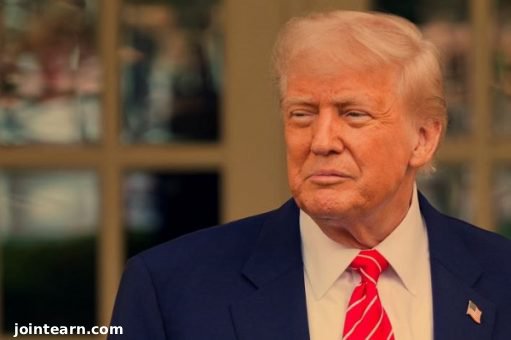
Nigeria’s sovereign bonds slipped yesterday after U.S. President Donald Trump threatened military action if the country did not take measures to protect Christians, though experienced investors say the impact is likely to be limited.
Longer-dated bonds saw the sharpest decline, with the 2051 issue dropping about 0.5 cents before partially recovering to just under 92 cents on the dollar, while most emerging market bonds remained flat.
On Sunday, Trump warned that the U.S. could deploy troops or carry out airstrikes in Nigeria to stop what he described as the killing of large numbers of Christians.
Nigeria, which has struggled to contain widespread violence, welcomed potential U.S. assistance against Islamist insurgents but stressed that its territorial integrity must be respected.
Violence across the country—including Islamist insurgencies in the Northeast, banditry in the Northwest, and clashes between farmers and herders in the Middle Belt—claimed roughly 3,570 civilian lives last year, according to the Armed Conflict Location and Event Data Project. Experts note that most victims of Islamist attacks are Muslim, while Middle Belt violence is largely linked to land disputes rather than religion.
Investors, however, have largely shrugged off the threat.
“The dip seems contained and has partly reversed since,” said Samir Gadio, Head of Africa Strategy at Standard Chartered in London, referring to Eurobond prices.
Foreign investors have been drawn to Nigeria this year, encouraged by economic reforms from President Bola Tinubu, including the removal of fuel subsidies and allowing the naira to devalue. Nigeria’s equities are up about 65% year-to-date in U.S. dollar terms, making the market one of the top performers in African emerging markets, behind Ghana.
Bond spreads have also narrowed, with the government eyeing billions in new bond sales this year.
“My sense is that this will not become a major concern for the market,” said Aberdeen fund manager Kevin Daly, noting expectations that Nigerian officials will engage with their U.S. counterparts.
Moreover, the regions at risk are far from the oil-producing south and the commercial hub of Lagos. “U.S. military strikes, which still seem very unlikely, in northern or central Nigeria would probably have limited economic impact due to low commercial activity and ongoing local disruptions,” said Hasnain Malik of Tellimer. He added that Trump’s threats are currently “a red herring” for investors, who should instead focus on economic policy reforms and valuation opportunities.


Leave a Reply